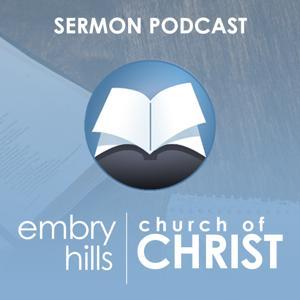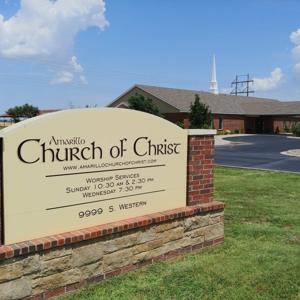Topical Sermons / Speaker:Berry Kercheville
The Gospel Begins with a Covenant, part 2
Introduction: In Romans 10, when Paul described “righteousness based on law,” he quoted Deuteronomy 27:26, “Cursed is anyone who does not fulfill the words of this law by doing them.” But Paul followed by quoting Deuteronomy 30:11-14, “For this commandment which I am commanding you today is not too difficult for you, nor is it far off…that we may hear it and do it.” Therefore, Paul quoted from the same sermon in which Moses spoke of the curse of the Law, but also spoke of “righteousness based on faith” so that it was possible to be obedient to God and live.
The turning point from being cursed to having life is 29:1. God made an additional covenant “besides the covenant that he had made with them at Horeb.” Though the hope of mercy was embedded within the Law (Exodus 20:5-6), it was not explicitly described, as a covenant that would be found in Christ.
Therefore, this text was both an encouragement to Israel and a foreshadow of God’s covenant with us. Since Paul referred to this text to show how we can have life, we need to study it carefully because it is the basis for our life or death. We learn exactly what God expects of us as we live in his covenant.
Please remember, if you are a Christian, you entered into this covenant. Your salvation or condemnation is before us in these chapters. And as pointed out in the first lesson, our heart is critical to this covenant.
Conclusion: Embedded in the Gospel is a covenant––a marriage covenant at that!. And, embedded in the covenant is a circumcised heart that loves God with all his heart and soul, and will be careful to obey him.
Cf. Hebrews 8:10, “For this is the covenant that I will make with the house of Israel after those days, declares the Lord: I will put my laws into their minds, and write them on their hearts, and I will be their God, and they shall be my people.”
Why did God say the above? Because that describes people in his covenant!
There is only one way to win this battle. You must pursue God with all the strength you have. You cannot wake up every morning with your own will and your own desires filling your heart. It is the pursuit of God, hungering and thirsting for him, that will give you life. It is the pursuit of a lifetime because the Gospel is a pursuit for glory.
The post The Gospel Begins with a Covenant (Pt 2) appeared first on Woodland Hills Church of Christ.


























